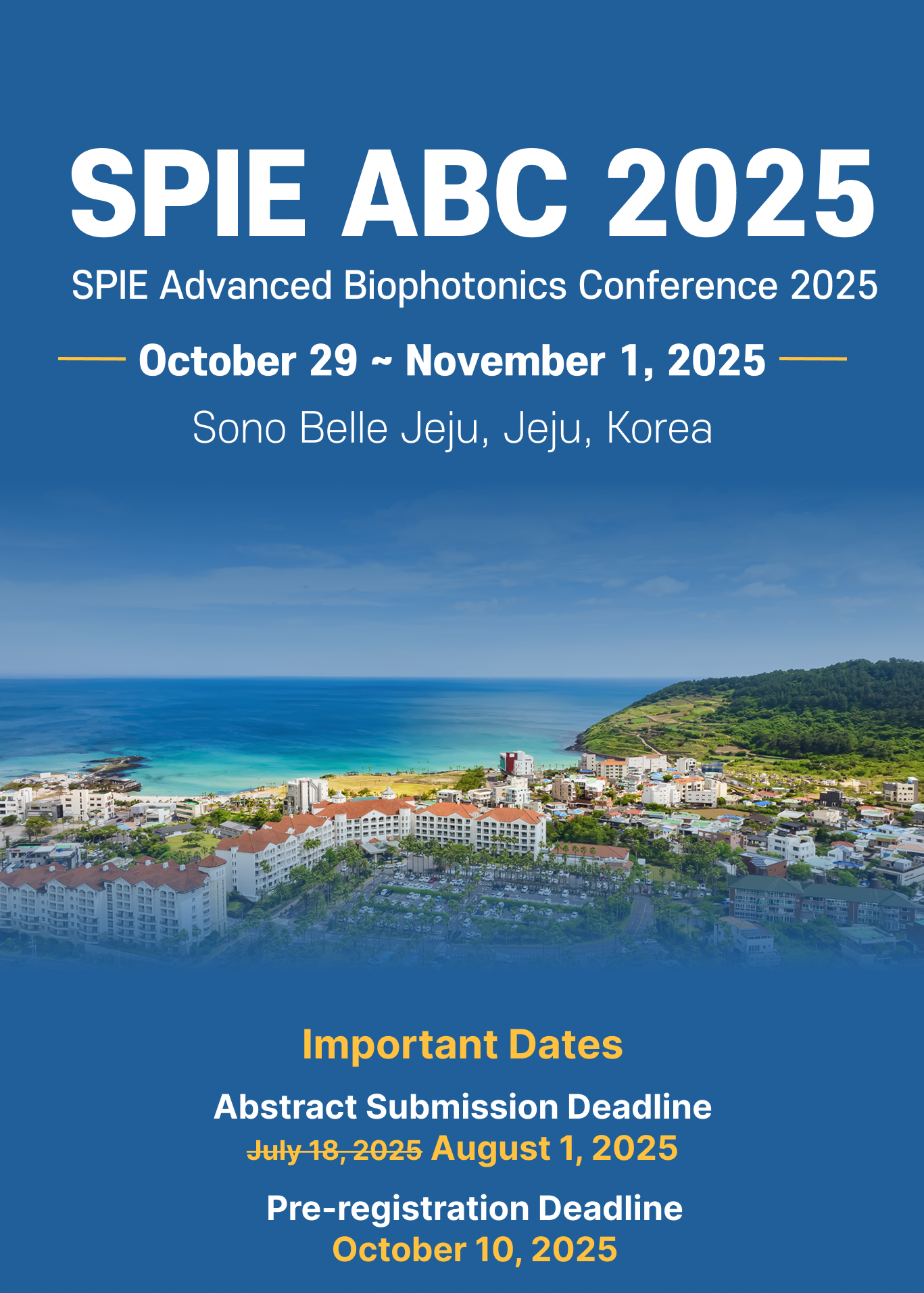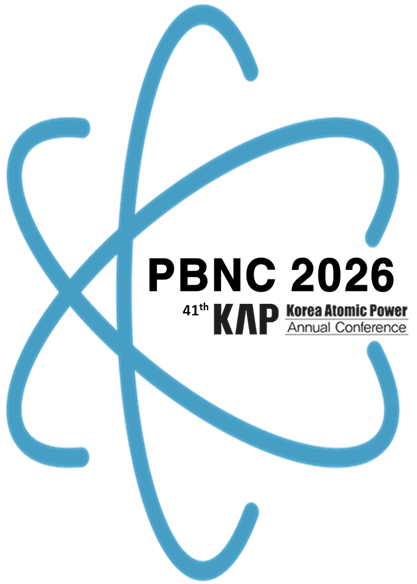CALL FOR BOOK CHAPTERS - CINEMA'S FIRST EPICS IN FOCUS
CFEF BOOK
- URL: https://ilcml.com
- Call For Paper Type: BookChapter
- H2 Index: 0
- Submission Date: 2025-09-15
Ethnic & Cultural Studies Film Humanities, Literature & Arts (General) Visual Arts Drama & Theater Arts Sex & Sexuality Interdisciplinary Studies (General) Culture
CALL FOR PAPERS
Cinema’s First Epics in Focus: Silent Epic Film from Literary Adaptation to Contemporary Epic Narratives
(Edited Volume)
Though epic cinema is most commonly associated with the mid-century triumphs of Hollywood, its origins extend far deeper into the history of the medium, reaching back to the earliest days of film, long before the advent of sound. The first documented uses of the term "epic" in relation to film stem from the nascent Italian industry, where monumental productions like L’Odissea (1911, dir. Francesco Bertolini, Giuseppe de Liguoro, Adolfo Padovan) not only astonished audiences with unprecedented scale but employed vast promotional efforts to assert a distinctly national— and as Maria Wyke and Pantelis Michelakis have noted, overtly nationalistic—cinematic identity. This movement towards epic during the silent era, often drawing inspiration from classical epic poetry and Christian narrative, has been understood to be important in the broader context of the nationalist fervor that swept through Europe in the years leading up to and following the First World War, yet has been curiously overlooked by film scholars, due in large part to the fragility of early film materials and inconsistent archival practices which have led to the loss of many key works. This neglect is particularly regrettable when we consider that the silent epic was central to the major artistic and ideological shifts that defined the early cinematic project, deeply enmeshed in the ontological debates over cinema’s status as a visual and rhythmic art—debates that were especially vibrant in early French and German cinema—and later in the drive toward naturalism that would come to dominate Hollywood, championed by figures such as André Bazin and Siegfried Kracauer. The continued presence of the epic, from the silent era through to the sound era, underscores its fundamental role in cinema's dialogue with other arts as well as its longitudinal development, and in recognizing the centrality of early epics to the history of film, this edited volume seeks to reassert their study, not only as historical artifacts but as key contributions to an ever-evolving art of cinema.
Building on the conversations initiated during the Cinema’s First Epics in Focus conference (May 2025), we aim to build a comprehensive edited volume which gathers a selection of expanded papers from the event, complemented by new scholarly contributions that critically engage with the silent epic and its reverberations across film history, media theory, and related fields. We hope to move beyond the framework of film philology completely, opening up the field to more interdisciplinary approaches that consider aesthetics, temporality, material culture, and the shifting meanings of "epic" across media in interconnected relation. We believe this collection would fill a significant gap in the scholarship and could serve as a foundational reference for future work on both epic and early cinema as, to our knowledge, no existing volume addresses the silent epic across such a broad yet coherent set of methodologies and global perspectives. We are particularly interested in contributions that interrogate the intersections between epic form and silent cinema through innovative and open methodologies—whether from film and media studies, classical reception, visual culture, performance studies, or archival research. By foregrounding these diverse perspectives, the volume seeks to move beyond narrowly textual or genealogical approaches, and instead open up a wider discursive field through which the silent epic can be understood as a transmedial and transhistorical phenomenon.
While the volume retains the conference’s original focus on adaptation, national identity, cinematic scale, and the episteme of early film, the discussions brought forth by participants have revealed key thematic axes that we now wish to foreground:
- Genre:
The volume seeks to examine the epic as a contested and evolving genre. Contributions may explore the tensions between prescriptive and descriptive models of genre, the shifting boundaries between epic and tragedy across media, and the historical and theoretical slippages in the definition of "epic" across literature, cinema, and other arts. We welcome work that revisits classical, romantic, and modern theories of genre in light of early cinematic practice. - Time and Temporality:
Essays may address the intersections between epic time and cinematic time, considering how film reconfigures notions of epic duration, rhythm, and repetition. We are particularly interested in studies that employ film theoretical methodologies—such as montage theory—to reframe literary epic, and vice versa. - Material Culture and Reception:
We encourage research on the material and institutional contexts of silent epic film: distribution networks, live musical accompaniment, promotional ephemera, newspaper reception, and archival challenges. To what extent do these material elements participate in constructing the epic as a form? How might production and reception conditions shape our understanding of the epic mode in film? How important was this surrounding context for the epic’s formation as a cinematic mode in the silent era? - The Silent Era:
What makes the silent period uniquely generative for the epic form? We invite proposals that attend to the technological, stylistic, social, economic and industrial specificities of the silent era, and their formative impact on the emergence of cinematic epic traditions. - Adaptation and Intermediality:
How are epic modes rearticulated through the visual and narrative strategies of early film? What happens to epic’s narrative authority, scale, or temporality when it migrates across media? How does medial transposition function for the epic—what is gained, lost, or transformed in the process of adaptation? We welcome contributions that consider the semiotic logics at work in each medium and how these shape the reception and reinterpretation of epic structures, characters, and themes. - Identity:
We welcome analyses of the epic as a cultural and political form, examining how epic narratives serve as mediators of national, social, or class identity. How does the epic negotiate questions of inclusion, exclusion, and transformation within diverse sociopolitical contexts, both in its production and reception?
In addition to these central themes, the volume remains open to broader considerations of silent epic film, including (but not limited to):
- Representations of mythological, biblical, or historical themes;
- National cinemas and epic aesthetics;
- Theatricality, realism, and expressionism in silent epic form;
- Gender, class, ethnicity, colonialism, and spectatorship in early epic cinema;
- Archival recovery and the status of lost or restored epic films;
- Scale and mise-en-scène in silent epic film;
- Modern cinema and silent epic film;
- Comparative studies of silent epic film, particularly on marginal or non-angloeuropean film.
We are currently preparing a formal book proposal to be submitted to a major academic press, with Blackwell and Routledge among our intended publishers.
Submission Details:
Please submit your complete text (maximum of 8000 words), along with a short biographical note (max. 150 words), to the editors by September 15th, 2025. Contributions may be written in English, French, Spanish, or Portuguese, but accepted papers must be submitted with an English version for publication.
Contact:
Vítor Alves Silva (University of Porto) – up202204445@up.pt
João Paulo Guimarães (University of Porto, ILCML) – guimaraesjpc@gmail.com
Larson Powell (University of Missouri Kansas City, Curators’ Distinguished Professor of Film – Emeritus) – powelllar@umkc.edu
We look forward to receiving your proposals and continuing the vibrant conversations sparked by the conference.















